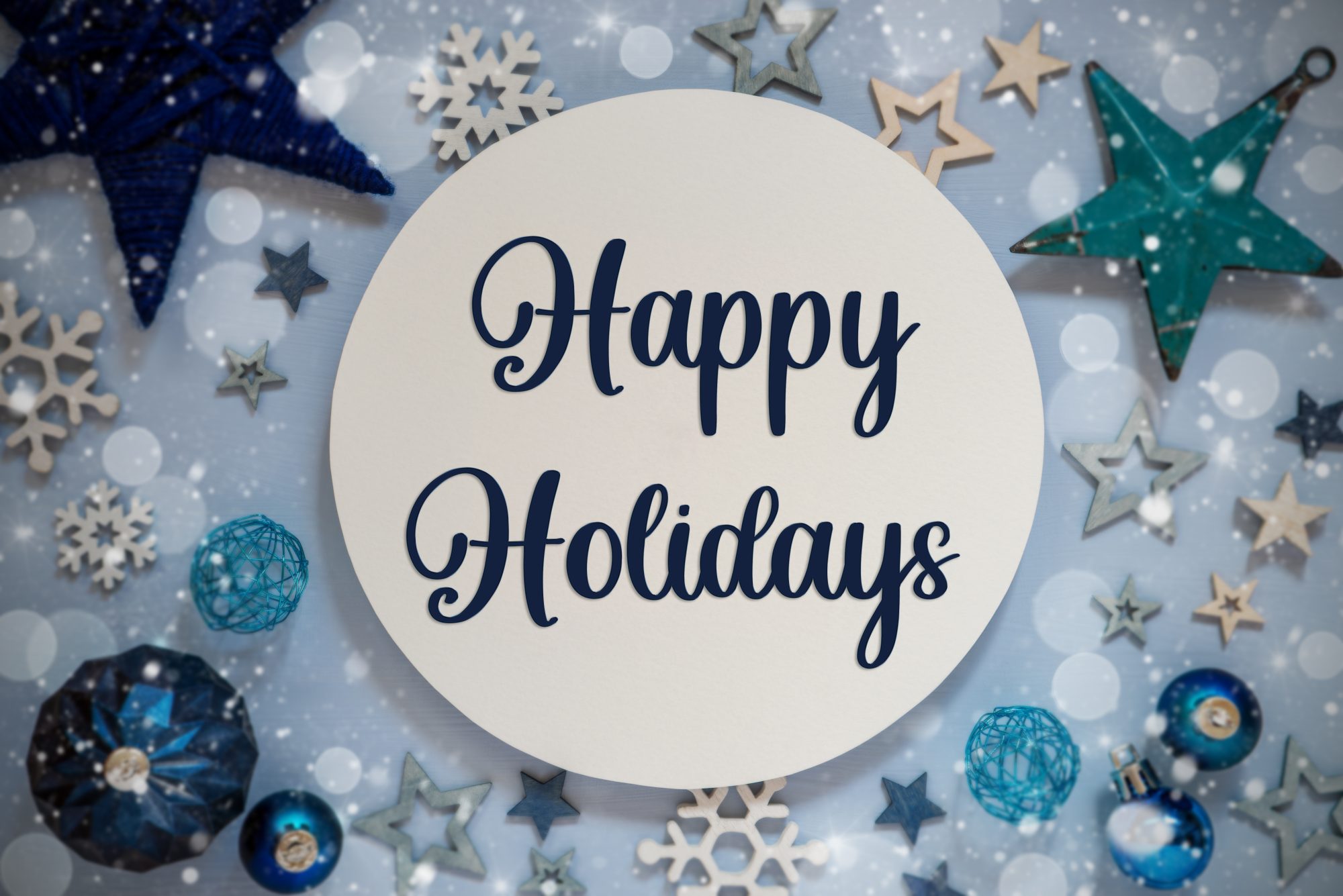Employees must provide documents that establish both identity and employment authorization, such as a U.S. passport (List A) or a combination of a state ID and Social Security card (List B and C).
Call Us For Consultation (312) 427-6163
Employer and I-9 Compliance
Our Chicago Immigration Attorneys Assist with I-9 Compliance
The Immigration Reform and Control Act (IRCA) passed in 1986 requires employers to verify their employees’ identity and employment eligibility at the time of hire. It made it illegal for employers to knowingly hire or recruit immigrants not authorized to work in the United States. It also mandated the use of Form I-9 during the onboarding process and various anti-discrimination provisions that protect both immigrants and U.S. citizens from discrimination and document abuse.
U.S. Immigration and Customs Enforcement (ICE) and the Department of Justice (DOJ) enforce I-9 compliance, and the attorneys at Minsky, McCormick & Hallagan, P.C. can assist with both proactive counseling and self-audits, as well as responding to government audits and enforcement actions. Specifically, our attorneys can assist organization clients with:
- Establishing good I-9 employment verification programs and policies within their organizations, including the usage of E-Verify.
- Training human resources and hiring managers in appropriate I-9 compliance and best practices.
- Conducting internal I-9 self-audits, which include reviewing current I-9 employment verification practices and policies, reviewing the employer’s I-9 records, recommending steps for remediation, and establishing new practices for good faith
- Responding to Immigration and Customs Enforcement (ICE) Notices of Inspection (NOI), Notice of Intent to Fine (NIF), and subsequent proceedings if violations are found.
- Conducting third-party independent audits pursuant to an agreement between employers, contractors, and sub-contractors.
Our Immigration Attorneys Assist with LCA Compliance
An employer must file a Labor Condition Application (LCA) or ETA 9035 with the U.S. Department of Labor before hiring H-1B, H-1B1, and E-3 nonimmigrant workers. Regulations require that the employer provide notice of the LCA to its employees on or within 30 days of filing the LCA and also maintain a Public Access File for a specified period of time.
The Department of Labor’s Wage and Hour Division conducts both random and targeted audits to ensure compliance with both the notice and Public Access File requirements, as well as compliance with LCA obligations related to payment of wages, benefits, and other conditions of employment. The attorneys at Minsky, McCormick & Hallagan, P.C. can assist employers with the following:
- Establishing good LCA practices.
- Training human resources in appropriate LCA compliance and best practices.
- Conduct internal LCA self-audits.
- Respond to Department of Labor audits and inquiries.
FAQS about Employer and I-9 Compliance in Illinois
What documents do employees need to provide for I-9 verification?
How often should employers conduct internal I-9 audits?
Employers should conduct internal I-9 audits annually or at least periodically to ensure compliance and address errors before an external audit occurs.
What happens if an employer fails an I-9 audit?
If an employer fails an I-9 audit, they may face penalties, including civil fines, criminal charges, and potential loss of business licenses.
What is E-Verify, and is it mandatory for all employers?
E-Verify is an online system that compares information from an employee’s I-9 form to government records. It is not mandatory for all employers, but is required for federal contractors and in some states.
What are the penalties for hiring unauthorized workers?
Penalties may include fines ranging from hundreds to thousands of dollars per unauthorized worker, criminal charges for repeat offenses, and potential debarment from federal contracts.
What are the deadlines for completing Form I-9 for new hires?
Section 1 must be completed by the employee no later than their first day of work, and Section 2 must be completed by the employer within three business days of the employee’s start date.
What is the difference between an ICE Notice of Inspection (NOI) and a Notice of Intent to Fine (NIF)?
An NOI notifies an employer of an impending I-9 audit, while an NIF is issued after the audit if violations are found, detailing fines and penalties.
How can employers prepare for an ICE audit?
Employers can prepare by maintaining accurate and updated I-9 forms, conducting regular audits, and ensuring proper training for HR staff on I-9 procedures.
How long should employers retain I-9 forms?
Employers must retain I-9 forms for three years after the date of hire or one year after the employee’s termination, whichever is later.
What are the best practices for training HR staff on immigration compliance?
HR staff should receive regular training on I-9 procedures, E-Verify, LCA requirements, and anti-discrimination practices. Keeping them updated on changes in immigration law is also important.
How can Minsky, McCormick & Hallagan, P.C. help employers with immigration compliance issues?
The firm offers legal guidance, audits, and strategies to ensure compliance with I-9, E-Verify, and LCA requirements. They also assist in responding to ICE audits and mitigating penalties for non-compliance.
Meet Our Attorneys
schedule a consultation
we are ready to help
what our clients say
what our clients say
immigration news & updates
16 Jan
15 Jan























